In Search of New Ways to Mindfully Manage Distress? DBT Can Teach You How to Cope With Painful Emotions
 If you struggle to manage painful emotions or experiences like stress, anger, and rejection, dialectical behavior therapy (DBT) can help. Read more ›
If you struggle to manage painful emotions or experiences like stress, anger, and rejection, dialectical behavior therapy (DBT) can help. Read more ›
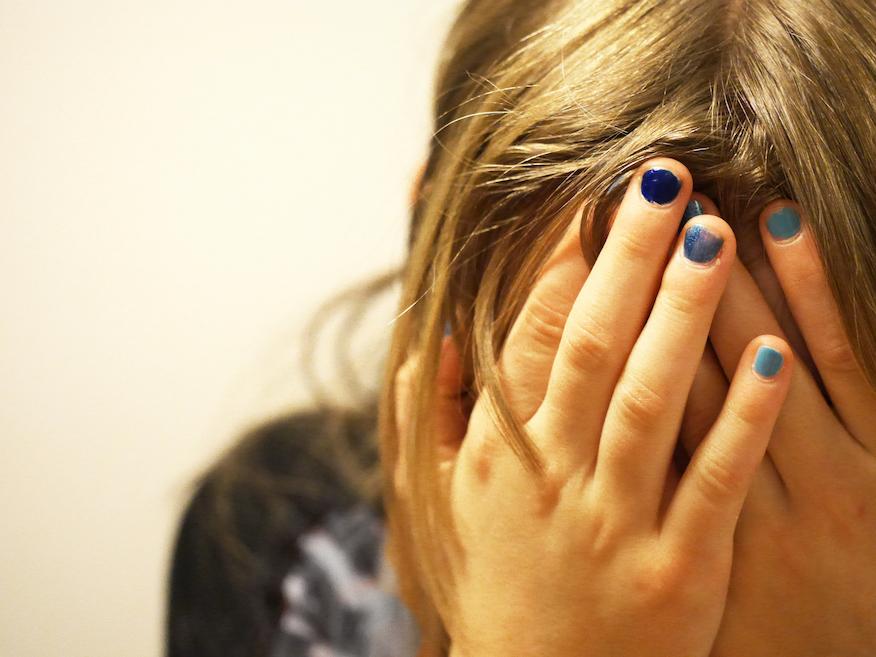
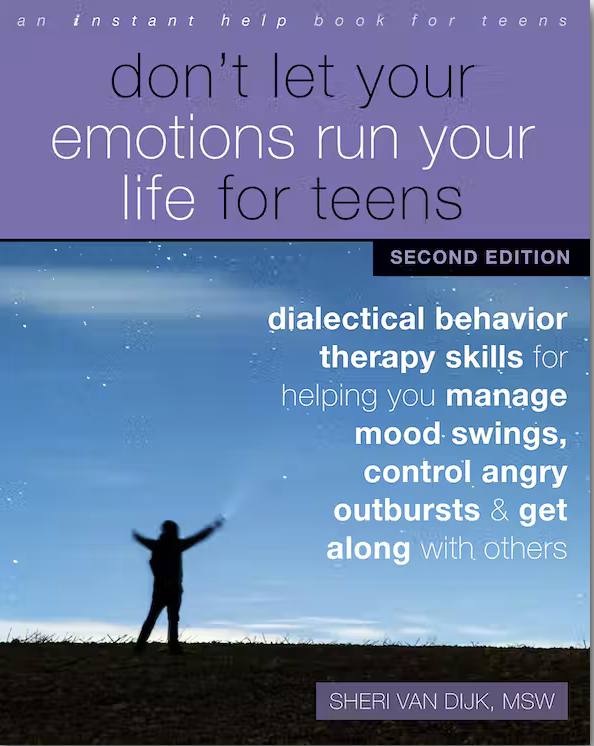
 Now fully revised and updated, this workbook offers proven-effective dialectical behavior therapy (DBT) skills to help you find emotional balance and live the life you want.
Now fully revised and updated, this workbook offers proven-effective dialectical behavior therapy (DBT) skills to help you find emotional balance and live the life you want. 
 Social-emotional learning is about cultivating a deeper care for the self in the present moment. That is something we all can do, and that is something that we should all do.
Social-emotional learning is about cultivating a deeper care for the self in the present moment. That is something we all can do, and that is something that we should all do.

 We often talk about building self-awareness in our kids, but what about in ourselves, as parents and caregivers?
We often talk about building self-awareness in our kids, but what about in ourselves, as parents and caregivers?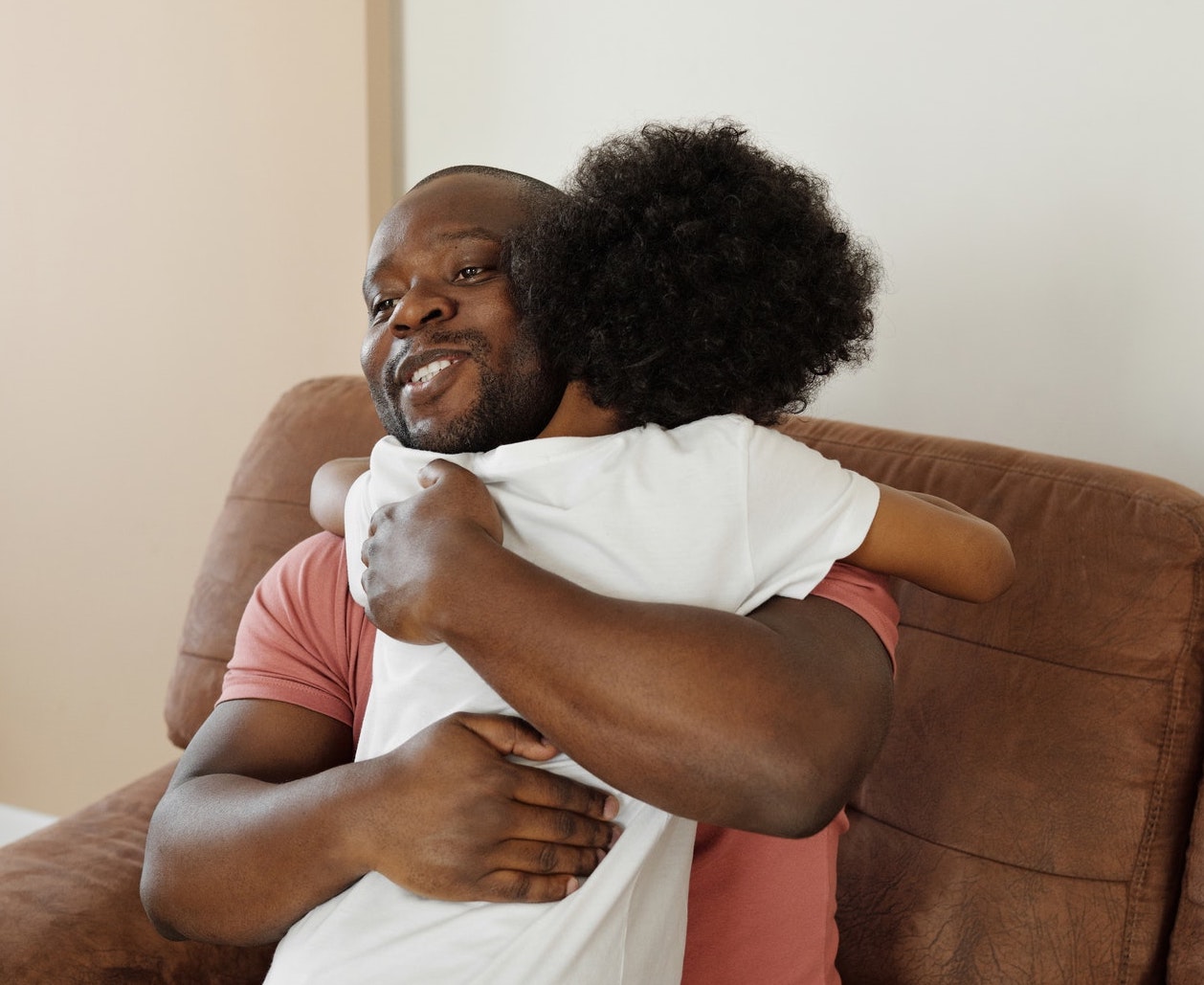
 In any moment as parents, we can choose to react or let it go. Putting space between you and your reaction allows you to respond with kindness—both to your children, and to other parents.
In any moment as parents, we can choose to react or let it go. Putting space between you and your reaction allows you to respond with kindness—both to your children, and to other parents. 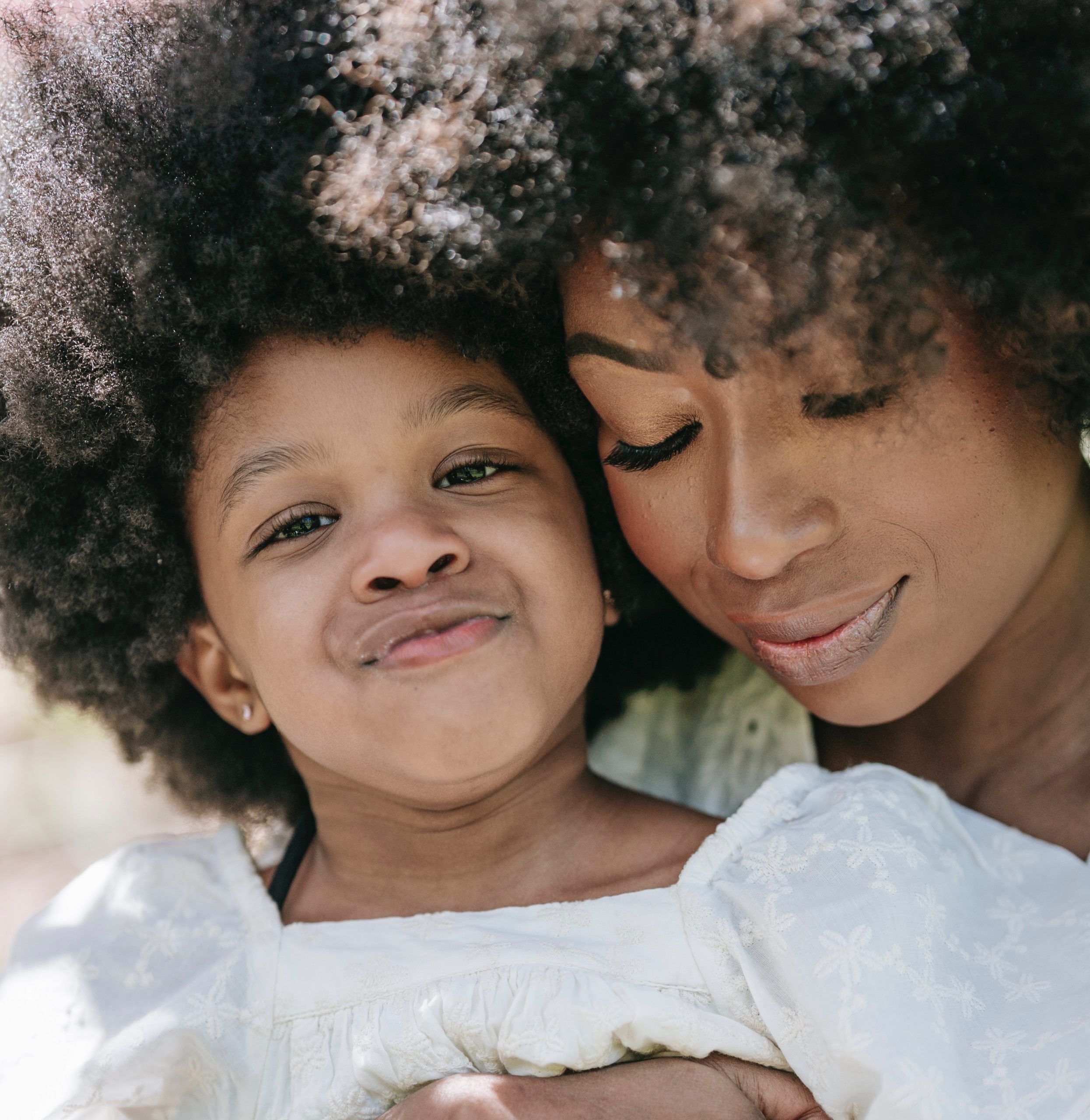
 For parents, being self-aware is key for connecting to their kids. When parents aren’t self-aware, they might get caught up in their own emotions instead of being present with their children. They also might not recognize that they’re unconsciously repeating the patterns of their own childhoods in their parenting today.
For parents, being self-aware is key for connecting to their kids. When parents aren’t self-aware, they might get caught up in their own emotions instead of being present with their children. They also might not recognize that they’re unconsciously repeating the patterns of their own childhoods in their parenting today. 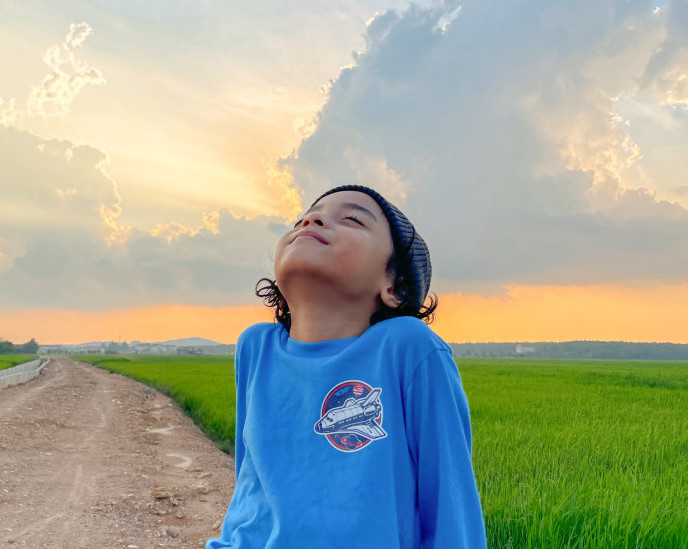
 A Stanford study shows that taking a few slow, deep breaths significantly reduces children’s physiological arousal in everyday settings.
A Stanford study shows that taking a few slow, deep breaths significantly reduces children’s physiological arousal in everyday settings. 
 Our thoughts, feelings, and behaviors are all connected. What we think can affect how we feel and act. And what we do can affect how we think and feel. Changing one can help change the others. We can use this fact to help ourselves feel better and live the way we want to live.
Our thoughts, feelings, and behaviors are all connected. What we think can affect how we feel and act. And what we do can affect how we think and feel. Changing one can help change the others. We can use this fact to help ourselves feel better and live the way we want to live. 
 What is mindfulness, really, and does it even make a difference?
What is mindfulness, really, and does it even make a difference?
 are looking for new ways to manage stress. Although mindfulness and meditation are not new – there is evidence suggesting that humans have been practicing meditation for more than
are looking for new ways to manage stress. Although mindfulness and meditation are not new – there is evidence suggesting that humans have been practicing meditation for more than 

